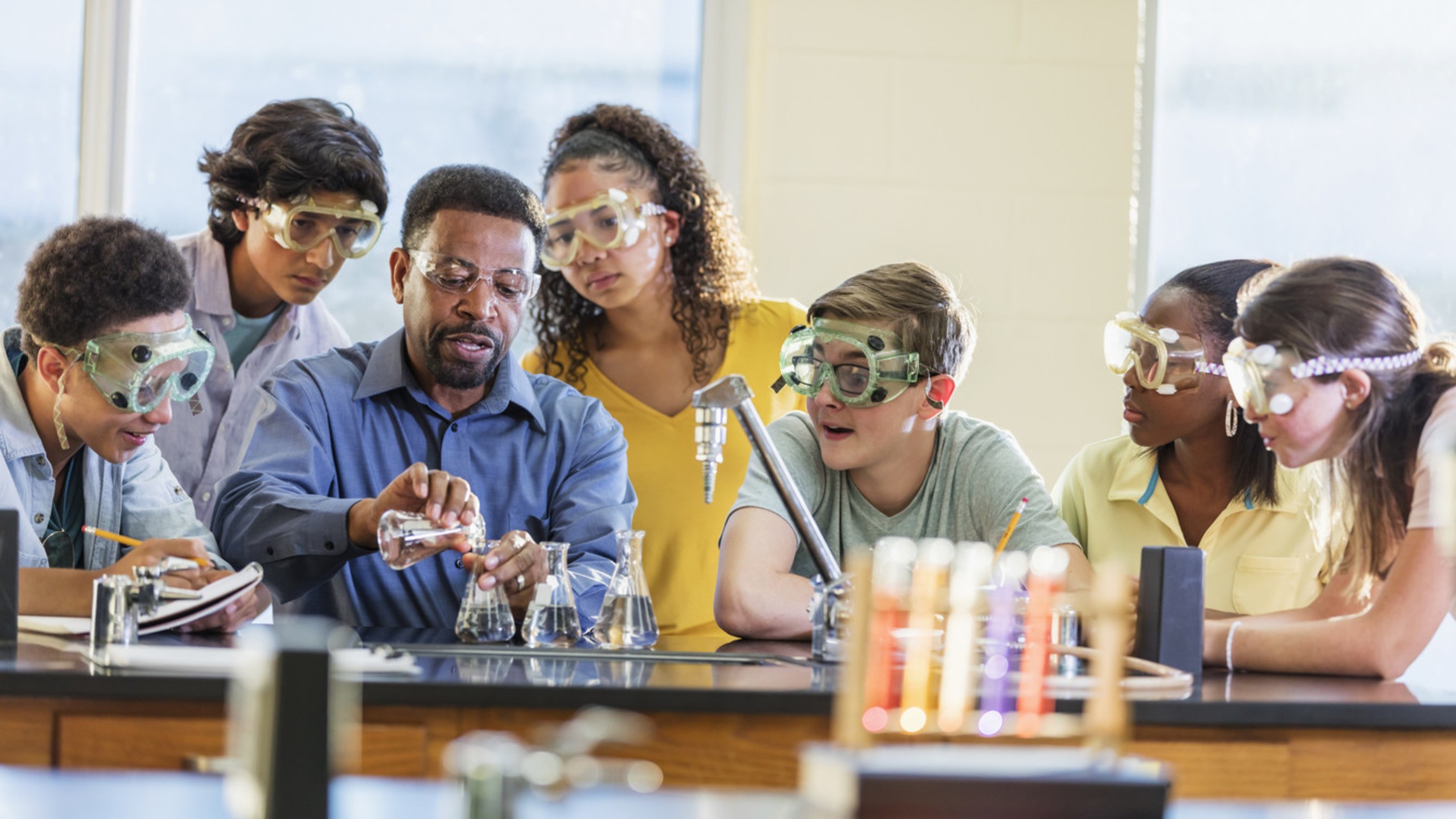An Autobiographical Account of Technology

How I Got to Talking About Artificial Intelligence
How I Got to Talking About Artificial Intelligence
by Fr. Edlefsen
My left hand and my right brain were my original stock-in-trade. Until the mid-1980s, memories and impressions were the prime subjects of my handwriting. I
still have a travel log from a 1977 trip to Colorado. As a teenager, I often handwrote letters to relatives, satirizing high school life. During college, my papers were
mostly handwritten, save for a Sears Scholar portable electric typewriter that I bought for a “Writing Short Stories” elective in 1985. (I was the most conservative
person in that class, as I had no interest in narcotics and eurhythmics). It had pica font that was whipped onto the page by little hammers. Before long, I was punching
out ridiculous short stories, all of which are now lost along with the secrets of King Solomon’s court. Still, my preferred writing tools were my left hand and right brain.
In the late 1980s, my master’s thesis done with WordPerfect 2.0. It was an experience in accelerated social evolution. I one month, I leaped from the 19 th
century (handwriting) to the 21 st century (word processing), pole vaulting over the 20 th century (my Sears’s typewriter was only used for short stories). Then I started
work as grain trader I 1989. The company had a regional inter-office email network, so everyone in the Kansas City region had up-to-the-second market
information. A decade later, I opened my first personal email account.
It affected me. I often felt a restless need to check my emails. Moreover, when I tried to type a letter on email, my writing felt tense and forced, and the medium did
not convey my sentiments and thoughts like pen and ink. My next tech revolution was in 2016 when I bought my first iPhone. Once I became dependent on it, a worry
came over me: “What would I do if it fell into an airport toilet?” My sister dropped hers into a Port-O-Potty at Mardi Gras in New Orleans. She opted to let bygones be
bygones. I could go on and on. But let’s leapfrog to today.
I was at a parishioner’s house when someone asked me about chatGPT, the latest Artificial Intelligence (AI) craze from OpenAI. I asked it few difficult theological
questions, and it gave impressive answers that were wrong. But by it’s own admission, theology is not its beat. But it has the potential to play itself out in ways
that we need reflect upon. Like all electronic media, it will “involve” us, and it will be nearly impossible to watch it by like bystanders. To quote Marshall McLuhan
again: “All media work us over completely.”
Join AI expert and parishioner, Dr. Rodney LaLonde, this Tuesday at 7:00 PM in the parish hall for some presentations and a discussion on AI.
The continued acceleration of changes affecting humanity and the planet is coupled today with a more intensified pace of life and work which might be called “rapidification". (Pope Francis, Laudato Si, 18)
Categories:



